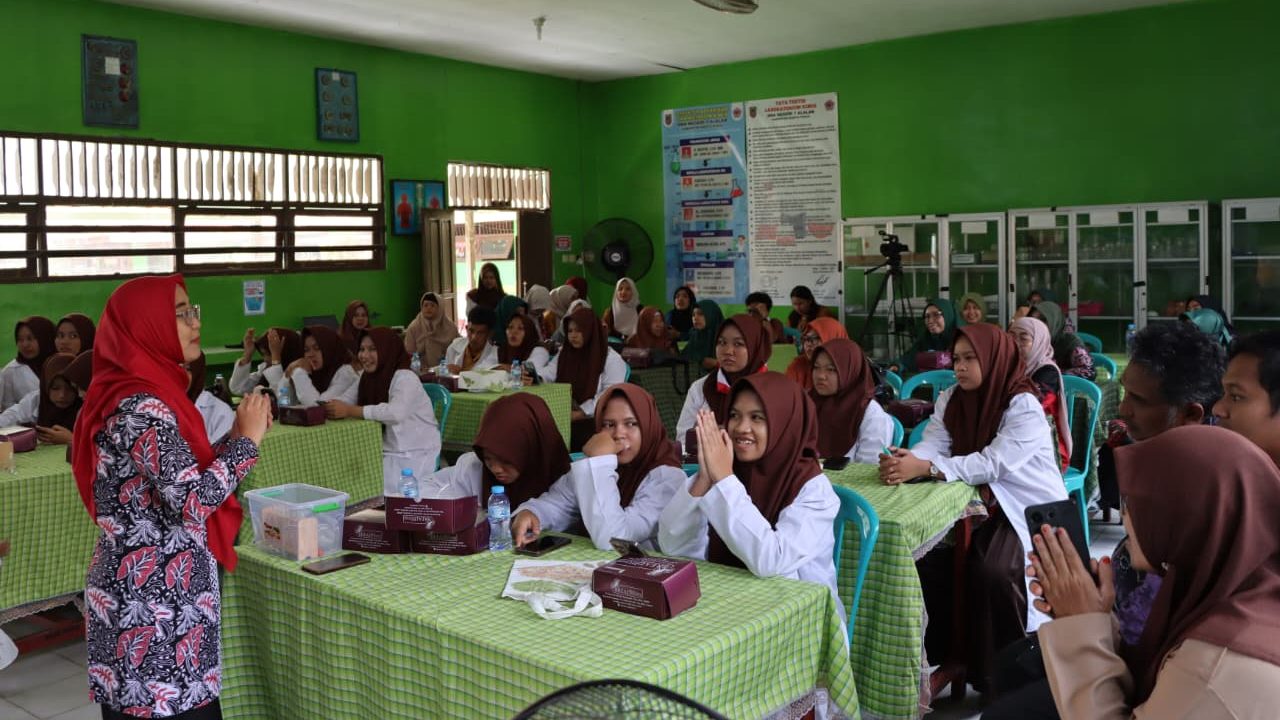Universitas Negeri Semarang (UNNES) has again demonstrated its commitment to sustainability by securing the 14th position in the QS Sustainability Rankings 2025 by QS Top Universities. This achievement is evidence of UNNES’s continuous efforts to support the Sustainable Development Goals (SDGs) and enhance its reputation in environmental, social, and governance (ESG) aspects.
In the latest rankings announced in December 2024, UNNES recorded significant progress compared to its previous standing. In the QS Sustainability Rankings 2024, UNNES was ranked 1200+ globally, while in 2025, it has advanced to the 1001-1020 range. This improvement highlights the dedication of the university, known as the “Conservation Campus,” to balance educational development and environmental preservation.
The Rector of UNNES, Prof. Dr. S. Martono, M.Si., expressed his pride in this achievement.
“This ranking results from the hard work and collaboration of the entire UNNES academic community in creating an environmentally friendly and sustainable campus. We are committed to continuing to promote initiatives and policies that support sustainability within the campus and the broader community,” stated the Professor of the Faculty of Economics and Business at UNNES.
The QS Sustainability Rankings 2025 evaluates universities on Environmental, Social, and Governance pillars. UNNES scored significantly on environmental sustainability indicators, such as carbon footprint reduction, efficient natural resource management, and developing environmentally friendly technologies. Additionally, UNNES actively engages in social activities that empower communities and demonstrate transparent and responsible institutional governance.
UNNES’s commitment to sustainability extends beyond campus activities and is integrated into its teaching and learning processes. As part of its mission to produce graduates who are not only academically competent but also profoundly aware of sustainability issues, UNNES continues to incorporate sustainability-focused education into the curriculum of every study program. Furthermore, UNNES actively collaborates with government institutions, private sectors, and various communities to support the achievement of the Sustainable Development Goals (SDGs).




